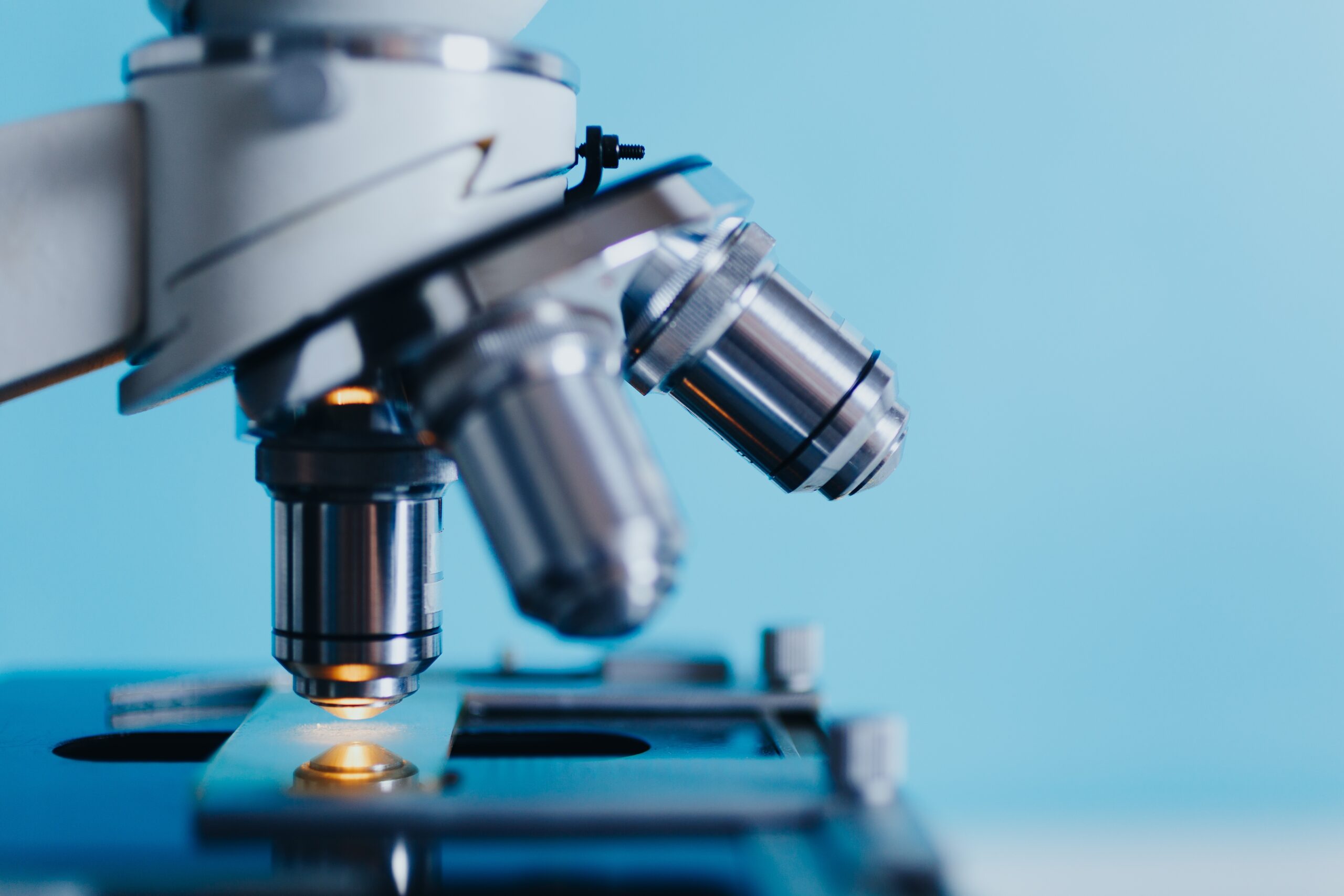In a significant achievement demonstrating strengthening of the country’s health infrastructure and strong momentum to integrate and mainstream AYUSH, a Memorandum of Agreement (MoA) was signed between Indian Council of Medical Research (ICMR) under the Health Ministry and Ministry of AYUSH for collaboration and cooperation in health research in the field of Integrated Medicine.
The MoA was signed by Vaidya Rajesh Kotecha, Secretary, Ministry of AYUSH and Dr. Rajiv Bahl, Secretary DHR & DG, ICMR in the presence of Dr. Mansukh Mandaviya Union Minister of Health & Family Welfare, Sarbananda Sonowal, Union Minister of AYUSH, Dr. Bharati Pravin Pawar, Minister of State (HFW) and Dr. V.K Paul, member (Health), Niti Ayog.
The MoA envisages cooperation and collaboration between Ministry of AYUSH and ICMR for exploring the areas of convergence and synergy between the two organisations for integrative health research and strengthening research capacity. The MOA also envisages exploring possibility with M/o Ayush and ICMR to work on public health research initiatives for addressing diseases of national importance.
Efforts to conduct high-quality clinical trials jointly on identified areas/disease conditions of national importance with promising therapies of Ayush system to generate evidence for wider acceptance is also part of the agreement signed today. A joint working group shall be created between Ministry of AYUSH and ICMR which will meet quarterly for exploring further areas of collaboration and work on deliverables.
Both institutions shall formulate and implement joint research projects and programs and allow joint supervision of the said activities as well as design and conduct conferences, workshops, seminars jointly with active participation of researchers interested in the field of Integrative Healthcare. In addition, as part of the collaboration, scholars/trainees/researchers/faculties of the organisations will have access to advanced instrumentation systems, and other infrastructural facilities as per the prevailing rules and regulation of the organisations for the duration of the visit/joint research project/program. Both shall work towards developing/renewing mutual cooperation for facilitating scientific validation and provide evidence for AYUSH systems by other countries.
Commending the initiative undertaken by AYUSH Ministry, Dr. Mandaviya said “combining traditional knowledge with modern research & innovation, the MoA signed between the two institutions will boost Ayurveda to further build its identity on the basis of scientific evidence.” Lauding the agreement, the Health Minister further stated that “this partnership will have a significant contribution in the development and reach of Integrated Medicine.”
The Health Minister further stated “this collaboration will promote high impact integrative research to generate evidence in priority areas of national importance in healthcare utilizing modern scientific methods. Joint efforts will be in place to conduct high-quality clinical trials on identified areas/disease conditions of national importance with promising integrative therapies to generate evidence for wider acceptance.”
AYUSH Minister Sarbananda Sonowal said “this agreement will serve to expedite and broaden this momentum, further strengthening evidence-based research capacities”. This indeed is positive progression and consolidating the strengths, resources and capacities of two institutions will indeed bring fruitful results, he added.
Dr. V.K Paul further added “this collaboration will lead to Ayush departments in AIIMS to evolve into departments of Integrated Medicine across entire AIIMS infrastructure in India, which indeed is a momentaneous step in the field of medicine. It will prove to be of great service to the nation.”
Integrative Health Research is a transdisciplinary, holistic approach to investigate the benefits of co-administering the conventional (modern systems of medicine) and non-conventional (traditional/complementary/alternative) medical practices to identify the comprehensive healthcare practices to an individual and the community.


























